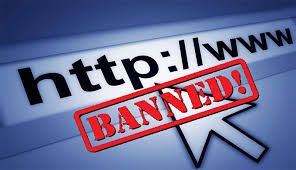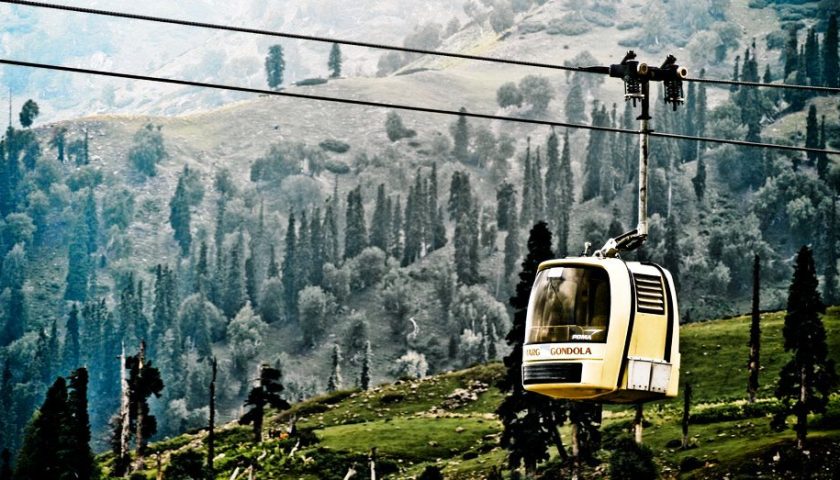Even as the mobile internet ban continues in Kashmir affecting day-to-day life, an amalgamation of GSM telecom operators who are also operating in J&K said on Thursday that they are bound to follow such government implemented bans.
Speaking to Kashmir Post on phone, Director General, Cellular Operators Association of India (COAI), Rajjan Matthews said despite suffering huge losses due to the ban, terms and conditions of the licenses issued to telecom companies by the Government of India makes it imminent for the operators to adhere with any sort of communication ban implemented by authorities.
“As per our licenses we comply with any security orders from the government of India as long as it is applied without any discrimination to any operators. In case an operator does not abide by government orders, there is a possibility that their license can be cancelled,” Matthews said.
However, Matthews added that during the last year’s communication ban in Kashmir COAI had written to Department of Telecommunications urging that such communication bans have an adverse impact on the subscribers. “We have informed DoT that such bans result in losses to telecom operators and also affect local population,” Matthews said.
To mention, at the time of implementation of social media ban in Kashmir, Matthews had earlier told Kashmir Post that it is not technically possible for cellular operators to blackout selected social media websites and chatting platforms. COAI has estimated Rs 180 crore losses to telecom companies in Kashmir due to the communication ban during last year’s unrest. The umbrella body had said that telecom operators have suffered Rs 2 crore losses everyday during the 90 day complete communication ban when both data and calling services were suspended by the authorities.
The latest internet suspension is 32nd since 2012. Software Freedom Law Centre (SFLC), a Delhi-based not-for-profit organization in its recently released figures had claimed that internet services were shut 31 times in J&K between 2012 to April 2017. The data reveals that internet services were snapped in the state thrice in 2012 and five times each in 2013, 2014 and 2015.
Meanwhile, the internet ban, apart from taking a toll on students and business community has also hit the tendering process initiated by the government. “JK government on one hand uploads all e-tenders on e-portals. Most local companies are not able to participate for these bids and outside companies take advantage,” said former president Information Communications Technology Association of JK (ICTA) and owner of an IT company Mehraj Gulzar. “Individuals or contractors who applied for government tenders are unable to see status and progress of the earlier tenders filled by them. Several young entrepreneurs had set-up technical support and would render services to various clients outside India through contact centers. These centers cannot work on broadband as high speed internet is required for these,” said Mehraj.
Interestingly, despite frequent suspension of internet services, Jammu and Kashmir has witnessed the maximum monthly increase in mobile subscribers, recent data released by Telecom Regulatory Authority of India (TRAI) reveals.
As per latest TRAI figures, JK witnessed a growth of 1.73 per cent in new mobile subscriptions in March, 2017 which was the most added by any state. JK added 2.2 lakh new subscribers during this month. Pertinently, the state had lost 4.5 lakh active subscribers during the 2016 unrest with total subscribers plunging to 95.74 lakh in September last year. However, recently there has been a spurt in addition of new subscribers with total subscription base touching 1.20 crore at the end of March 31, 2017. The state had witnessed a drop in teledensity to 77.67 in September last year due to the unrest but has now bounced back to 95.88 in March, 2017. Teledensity is calculated as number of phone connections per hundred people of a region or state.
No option but to adhere to govt order, say cellular operators: Internet Ban






